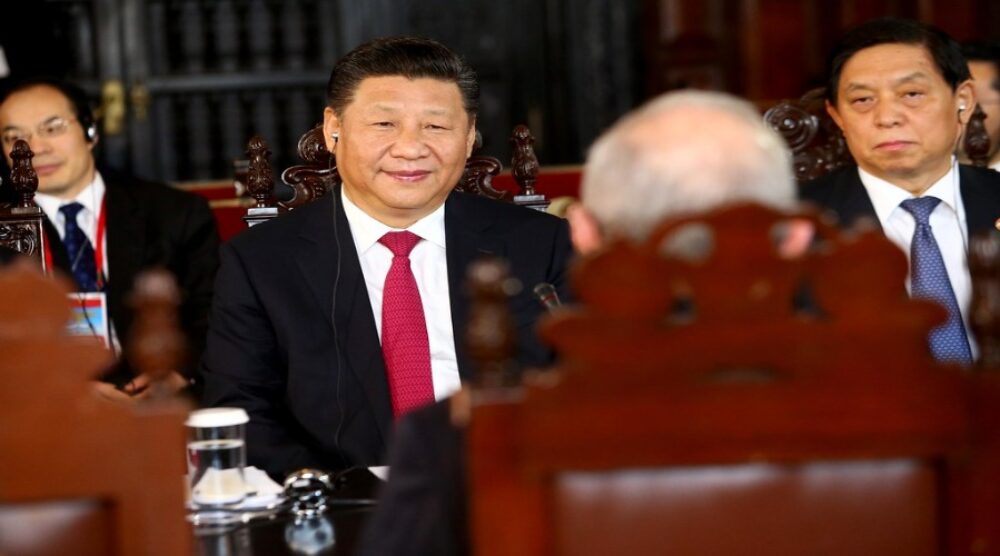In Australia, as in many other countries today, two self-isolating clusters of influencers have emerged that seek to steer dealings with the People’s Republic of China.
The two groups rarely intersect except to voice mutual suspicion. Neither deploys sufficient time or effort to understand what’s happening deep within the PRC itself—the principal driver of events and of the surrounding heightened rhetoric.
They focus instead on how the PRC’s impact washes up on our shores. They play in the shallows.
One group has belatedly become so anxious about the PRC’s ambitions for Australia that it believes we can and should decouple from China in all spheres. But today’s turmoil cannot simply be rebadged as a new Cold War. The PRC is globally enmeshed, utterly unlike the Soviet Union of old.
This is a comparatively tiny group.
The second is the bulging circle comprising the elites whose broad backing the PRC has successfully enlisted—chiefly in state and local governments, and among university administrations and corporate leaders.
The members of this second group commonly recapitulate the key talking points of the party-state, as if they’ve privately uncovered rare truths:
- To criticise the PRC is to be racist, or to dog-whistle to racists.
- The PRC and the communist party that’s run it for 70 years cannot and must not be separated out from China and the Chinese people whom it rules.
- Even mild questioning of party-state strategies amounts to ‘vilification’.
- The rise of the PRC to global dominance, especially economically, is inexorable.
- To criticise the PRC is tantamount to fawning on the US and endorsing President Donald Trump unquestioningly.
- Chinese people all align with the party’s tightly scripted version of the country’s history that dwells on its suffering, uniquely, a ‘century of humiliation’ visited on it by foreigners, thus requiring foreigners today scrupulously to avoid appearing to revisit that century.
- Taiwan must be viewed as a province of China, whose ‘return’ is inevitable.
- China can only be governed effectively by a firm central autocratic ruler; democracy would be disastrous.
- Most importantly, do not discuss or question the conduct of the party or its leaders within China, despite the massive churning of the political and security structures and of key personnel driven by the restless, risk-taking Xi Jinping.
Please click here to read the full “China’s ‘wolf warriors’ spring from internal problems” article published at The Strategist, written by Griffith Asia Institute industry fellow, Rowan Callick








